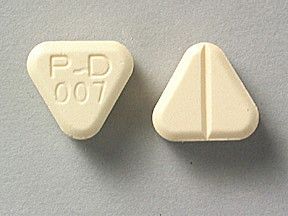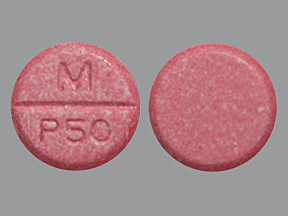PHENYTOIN CHEWABLE TABLET - ORAL
PHONETIC PRONUNCIATION: (FEN-i-toyn)
COMMON BRAND NAME(S): Dilantin
GENERIC NAME(S): phenytoin
Uses
USES: Phenytoin is used to prevent and control seizures (also called an anticonvulsant or antiepileptic drug). It works by reducing the spread of seizure activity in the brain.
How to use PHENYTOIN CHEWABLE TABLET - ORAL
HOW TO USE: Read the Medication Guide provided by your pharmacist before you start taking phenytoin and each time you get a refill. If you have any questions, ask your doctor or pharmacist. The tablets may be chewed thoroughly before swallowing or swallowed whole. Take this medication by mouth usually 2 or 3 times a day, or as directed by your doctor. This product is not recommended for use once a day. You may take it with food if stomach upset occurs. Take this medication with a full glass (8 ounces or 240 milliliters) of water unless your doctor directs you otherwise. Use this medication regularly in order to get the most benefit from it. It is important to take all doses on time to keep the amount of medicine in your body at a constant level. Remember to use it at the same times each day. Dosage is based on your medical condition and response to therapy. Antacids and nutritional tube-feeding (enteral) products may decrease the absorption of phenytoin. Do not take these products at the same time as your phenytoin dose. Separate liquid nutritional products at least 1 hour before and 1 hour after your phenytoin dose, or as directed by your doctor. Do not stop taking this medication without consulting your doctor. Seizures may become worse when the drug is suddenly stopped. Your dose may need to be gradually decreased. Inform your doctor if your condition does not improve or worsens.
Side Effects
Precautions
Interactions
Overdose
Images
Reviews
Faq for PHENYTOIN CHEWABLE TABLET - ORAL
Phenytoin Chewable Tablet is an oral medication used to control and prevent seizures in individuals with certain types of epilepsy.
Take Phenytoin Chewable Tablet exactly as prescribed by your doctor. It is usually taken by mouth with or without food, at regular intervals. Do not stop taking this medication suddenly without consulting your doctor, as it may cause seizures to occur.
Common side effects of Phenytoin Chewable Tablet may include dizziness, drowsiness, headache, nausea, vomiting, constipation, slurred speech, and coordination problems. If these side effects persist or worsen, contact your doctor.
Yes, some serious side effects that may occur include severe allergic reactions, liver problems, blood disorders, lymph node swelling, and suicidal thoughts. Seek immediate medical attention if you experience any of these symptoms.
Yes, Phenytoin Chewable Tablet may interact with other medications, including birth control pills, warfarin, certain antidepressants, and antacids. Inform your doctor about all the medications you are taking to avoid potential interactions.
It is generally recommended to avoid alcohol while taking Phenytoin Chewable Tablet, as it may increase the risk of side effects such as dizziness and drowsiness.
Phenytoin Chewable Tablet may cause dizziness and drowsiness, which can impair your ability to perform tasks that require alertness. It is advised to avoid driving or operating machinery until you know how this medication affects you.
If you miss a dose, take it as soon as you remember. If it is close to the time for your next dose, skip the missed dose and resume your regular dosing schedule. Do not double the dose to catch up.
It is important to discuss the use of Phenytoin Chewable Tablet during pregnancy or breastfeeding with your doctor. Phenytoin may harm an unborn baby or pass into breast milk and harm a nursing infant.
Disclaimer
IMPORTANT: HOW TO USE THIS INFORMATION: This is a summary and does NOT have all possible information about this product. This information does not assure that this product is safe, effective, or appropriate for you. This information is not individual medical advice and does not substitute for the advice of your health care professional. Always ask your health care professional for complete information about this product and your specific health needs.



No Reviews Yet